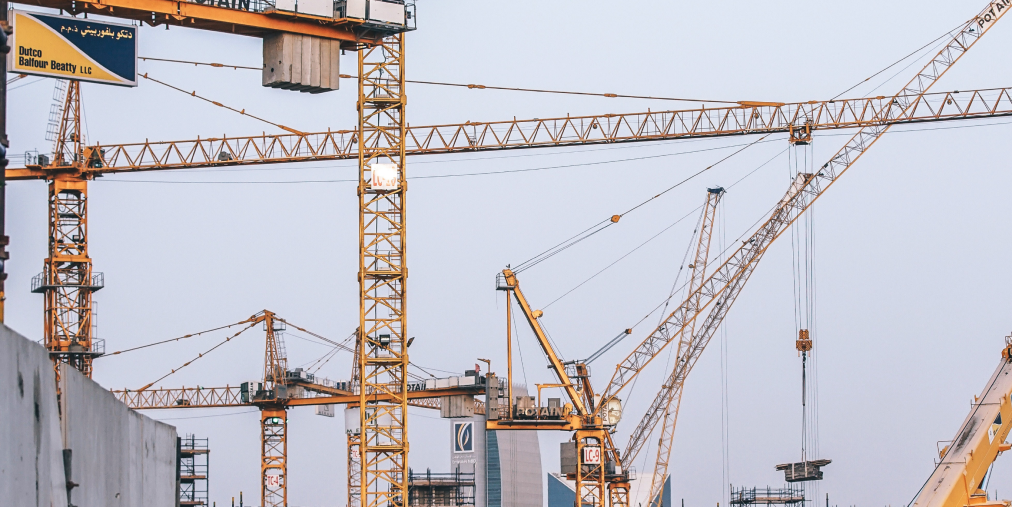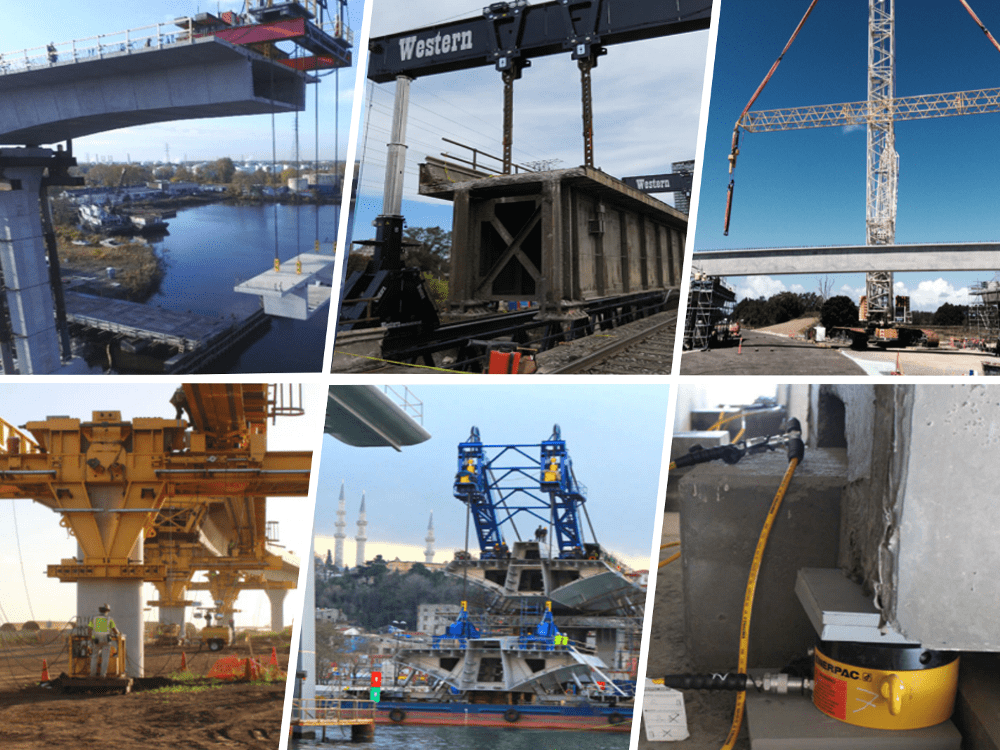Mini Excavator Rental in Tuscaloosa AL: Compact and Powerful Equipment for Tiny Jobs
Mini Excavator Rental in Tuscaloosa AL: Compact and Powerful Equipment for Tiny Jobs
Blog Article
Checking Out the Financial Conveniences of Renting Building Devices Contrasted to Possessing It Long-Term
The decision between renting out and owning building and construction tools is essential for economic administration in the industry. Leasing offers immediate expense savings and functional adaptability, permitting companies to assign resources much more successfully. In contrast, ownership includes significant long-lasting monetary dedications, including maintenance and depreciation. As specialists evaluate these choices, the effect on capital, task timelines, and modern technology access becomes increasingly significant. Understanding these nuances is vital, particularly when thinking about how they align with specific task demands and monetary methods. What aspects should be focused on to make certain optimum decision-making in this facility landscape?

Price Comparison: Renting Vs. Possessing
When reviewing the economic ramifications of having versus renting building devices, a complete cost contrast is necessary for making notified decisions. The selection in between possessing and leasing can considerably influence a business's bottom line, and understanding the associated expenses is important.
Renting out building equipment normally involves reduced upfront expenses, permitting services to allot funding to various other operational requirements. Rental expenses can gather over time, potentially exceeding the expenditure of ownership if devices is required for an extensive period.
On the other hand, having building and construction equipment needs a considerable first financial investment, along with continuous expenses such as depreciation, funding, and insurance policy. While ownership can bring about lasting financial savings, it additionally links up capital and might not give the same degree of adaptability as leasing. Furthermore, having devices requires a commitment to its use, which might not always align with project needs.
Inevitably, the choice to lease or have ought to be based on an extensive analysis of specific task demands, economic ability, and long-lasting tactical goals.

Maintenance Obligations and expenses
The choice between possessing and renting out construction tools not just includes monetary considerations but also encompasses recurring maintenance expenses and responsibilities. Possessing tools needs a considerable commitment to its upkeep, which includes regular assessments, fixings, and possible upgrades. These obligations can rapidly accumulate, bring about unanticipated expenses that can strain a budget.
In comparison, when renting equipment, upkeep is commonly the obligation of the rental company. This arrangement permits service providers to prevent the financial worry connected with deterioration, as well as the logistical obstacles of organizing repairs. Rental arrangements typically include stipulations for maintenance, suggesting that specialists can concentrate on finishing projects as opposed to stressing over devices problem.
Furthermore, the diverse variety of equipment readily available for lease makes it possible for companies to pick the most up to date designs with advanced innovation, which can boost efficiency and performance - scissor lift rental in Tuscaloosa Al. By going with services, businesses can prevent the long-lasting obligation of equipment depreciation and the connected upkeep headaches. Eventually, reviewing upkeep expenses and obligations is crucial for making an informed decision regarding whether to rent out or own building and construction equipment, substantially influencing overall task costs and operational effectiveness

Devaluation Influence On Ownership

A significant element to take into consideration in the choice to own construction devices is the influence of devaluation on total ownership prices. Depreciation represents the decline in value of the devices gradually, affected by factors such as usage, deterioration, and improvements in modern technology. As tools ages, its market price lessens, which can significantly affect the owner's financial position when it comes time to trade the tools or offer.
For construction companies, this devaluation can equate to substantial losses if the tools is not used to its max potential or if it comes to be outdated. Owners must make up depreciation in their financial estimates, which can cause higher total expenses contrasted to leasing. Additionally, the tax implications of devaluation can be complex; while it might offer some tax obligation benefits, these are often balanced out by the reality of lowered resale value.
Inevitably, the concern of devaluation emphasizes the relevance of comprehending the long-term monetary commitment associated with owning building and construction devices. Companies should carefully examine how usually they will make use of the devices and the possible financial effect of devaluation to make an educated choice about possession versus renting.
Monetary Flexibility of Leasing
Renting out construction devices supplies significant monetary adaptability, allowing business to designate sources more successfully. This versatility is particularly important in a market identified by fluctuating job needs and differing workloads. By opting to rent, services can stay clear of the significant capital outlay required for purchasing equipment, protecting capital for various other functional requirements.
In addition, renting out tools makes it possible for firms to customize their tools selections to details project requirements without the long-term dedication related to possession. This suggests that organizations can conveniently scale their tools supply up or down based upon expected and present job requirements. As a result, this versatility minimizes the danger of over-investment in machinery that may come to be underutilized or out-of-date with time.
An additional economic benefit of leasing is the capacity for tax benefits. Rental settlements are frequently thought about general expenses, enabling for instant tax deductions, unlike devaluation on owned and operated devices, which is spread over a number of years. scissor lift rental in Tuscaloosa Al. This immediate expense acknowledgment can even more enhance a company's cash placement
Long-Term Task Considerations
When assessing the long-lasting demands of a construction view it service, the choice between renting and having devices ends up being extra complex. For projects with extended timelines, buying tools might seem advantageous due to the capacity for lower general prices.
Additionally, technological developments present a substantial consideration. The building and construction sector is evolving rapidly, with new equipment offering enhanced effectiveness and security functions. Leasing enables business to access the most current modern technology without devoting to the high ahead of time costs related to buying. This flexibility is particularly beneficial for businesses that handle varied tasks needing various sorts of equipment.
Moreover, financial security plays an essential function. Having equipment often requires considerable capital financial investment and devaluation concerns, while renting out enables for more foreseeable budgeting and cash circulation. Ultimately, the selection between renting out and having needs to be aligned with the critical goals of the construction service, considering both existing and anticipated task demands.
Final Thought
In conclusion, renting building tools supplies substantial financial advantages over long-term ownership. Eventually, the decision to lease rather than very read own aligns with the dynamic nature of building tasks, permitting for flexibility and accessibility to the latest equipment without the financial concerns associated with ownership.
As equipment ages, its market value diminishes, which can substantially affect the owner's financial position when it comes time to sell or trade the tools.
Renting construction tools offers substantial financial versatility, allowing firms to allot resources extra efficiently.In addition, renting out tools allows business to tailor their equipment selections to certain project needs without the lasting commitment associated with possession.In conclusion, renting out building and construction devices offers significant monetary benefits over long-lasting ownership. Eventually, the decision to rent out rather than very own aligns with visit here the dynamic nature of construction tasks, allowing for flexibility and access to the latest tools without the financial worries connected with possession.
Report this page